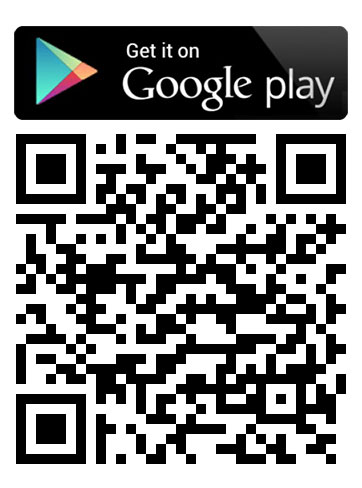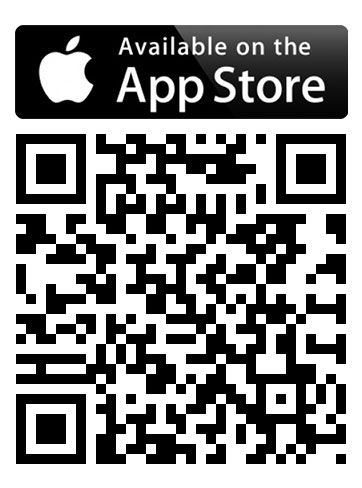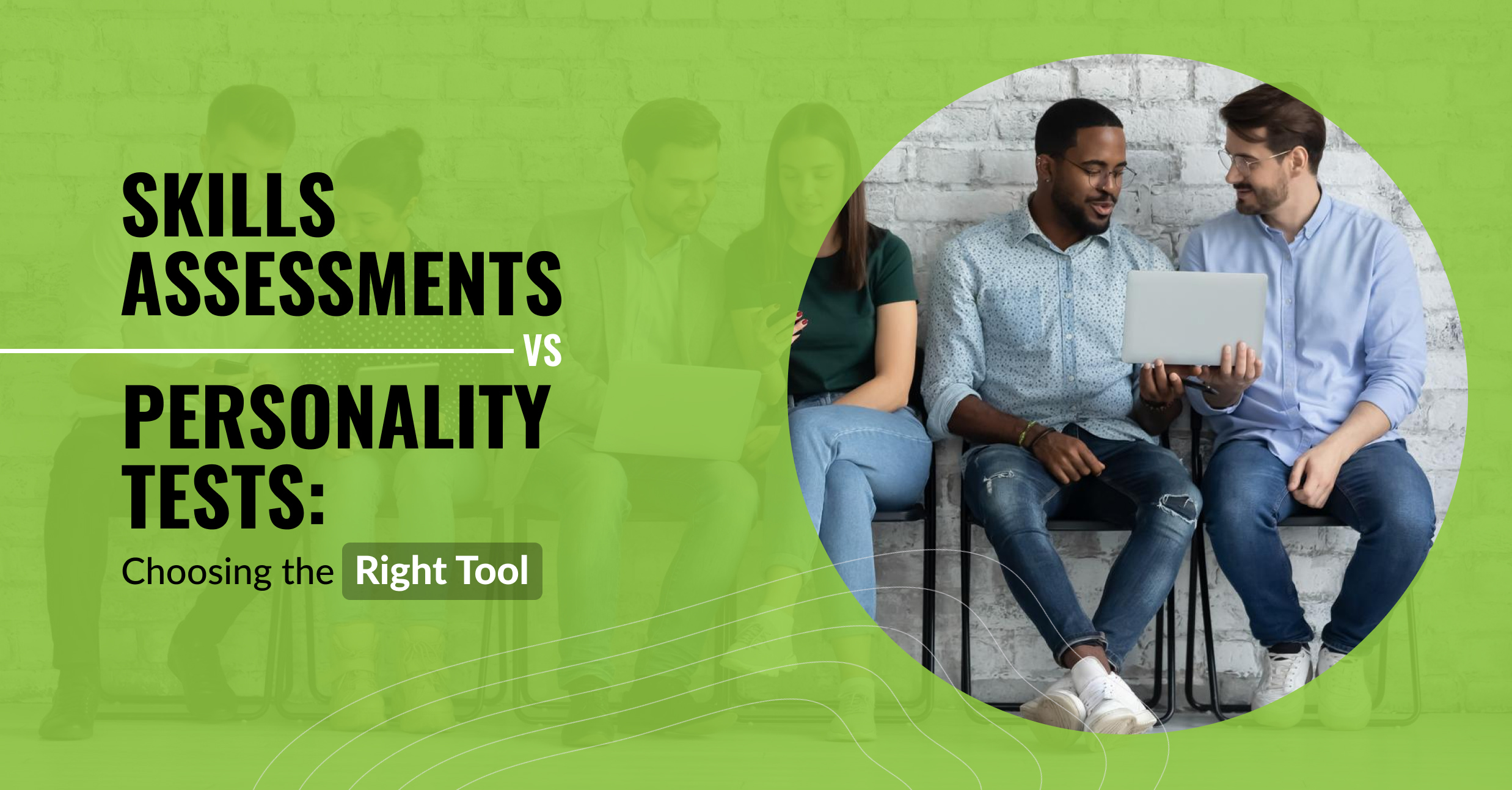Skills Assessments vs. Personality Tests: Choosing the Right Tool
Companies are increasingly turning to various tools to gauge a candidate’s suitability for a role. Among these, skills assessments and personality tests stand out as two popular methods. While both serve essential functions, they cater to different aspects of a candidate's profile. Understanding the distinctions between these tools can significantly impact the success of your recruitment process.
Understanding Skills AssessmentsSkills assessments are designed to evaluate a candidate’s proficiency in specific tasks or domains. These tests provide measurable insights into a candidate's ability to perform the job they are applying for. Whether it’s coding, data analysis, or customer service, skills assessments are directly linked to the tasks that a candidate would be expected to perform on the job.
For example, a software developer might undergo a coding test to evaluate their programming abilities, while a sales candidate might be asked to demonstrate their negotiation skills through a simulated sales scenario. The focus here is on quantifiable performance metrics.
Advantages of Skills Assessments: 1. Objective Measurement: Skills assessments offer a clear, objective measure of a candidate's capabilities. This minimizes bias in the hiring process, allowing recruiters to base decisions on tangible data. 2. Job Relevance: These assessments are tailored to specific roles, ensuring that the test results directly correlate with the job's requirements. 3. Immediate Insight: Employers gain immediate insights into a candidate’s ability to perform job-specific tasks, reducing the time spent on training and onboarding. Challenges of Skills Assessments: 1. Limited Scope: While skills assessments are excellent at evaluating technical abilities, they may not provide a complete picture of a candidate's potential. For example, they may not capture softer skills like adaptability, communication, or leadership. 2. Test Anxiety: Some candidates may perform poorly under test conditions, even if they possess the necessary skills. This can sometimes result in highly capable candidates being overlooked. Understanding Personality TestsPersonality tests, on the other hand, delve into a candidate’s behavioural traits, emotional intelligence, and overall fit within the company culture. These tests measure attributes like introversion, extroversion, conscientiousness, and agreeableness. The goal is to predict how a candidate might behave in various work scenarios and whether they will align with the company’s values and team dynamics.
Personality tests are often based on psychological theories and are designed to provide a more holistic view of a candidate’s potential. Popular examples include the Myers-Briggs Type Indicator (MBTI) and the Big Five Personality Traits assessment.
Advantages of Personality Tests: 1. Cultural Fit: Personality tests help identify candidates who will thrive in your organization’s culture. This is crucial for team cohesion and long-term retention. 2. Behavioural Insights: These tests offer insights into how a candidate might respond to stress, manage conflicts, or collaborate with others, which are essential aspects of any job. 3. Long-Term Potential: Personality tests can reveal traits that indicate a candidate’s potential for growth, leadership, and adaptability over time. Challenges of Personality Tests: 1. Subjectivity: Unlike skills assessments, personality tests can be more subjective. Candidates might tailor their responses to fit what they think the employer wants, leading to skewed results. 2. Misinterpretation: The results of personality tests can be complex and open to interpretation. Without proper analysis, there’s a risk of misjudging a candidate’s true potential. Choosing the Right ToolThe key to a successful hiring process is knowing when to use each tool. Both skills assessments and personality tests have their strengths and limitations, and the best approach often involves a combination of both.
When to Use Skills Assessments: • Role-Specific Hiring: If you are hiring for a role that requires specific technical skills, such as coding, data analysis, or graphic design, skills assessments should be your primary tool. These assessments will help you ensure that the candidate possesses the necessary abilities to perform the job effectively. • Immediate Contribution: When you need a candidate who can hit the ground running with minimal training, skills assessments are crucial. They give you confidence that the candidate can perform the tasks required from day one. When to Use Personality Tests: • Team Dynamics: If the role requires a high level of teamwork, collaboration, and communication, personality tests can help you find candidates who will work well with others and fit into your company’s culture. • Long-Term Growth: For roles where long-term potential and leadership qualities are essential, personality tests can provide valuable insights into a candidate’s future performance and growth trajectory. Combining Both Tools:In many cases, the best approach is to combine both skills assessments and personality tests. For instance, you might start with a skills assessment to ensure the candidate has the technical capabilities, followed by a personality test to gauge their cultural fit and long-term potential.
At HireMee, we offer a comprehensive platform that includes both skills assessments and personality tests. Our AI-powered assessments are designed to provide a 360-degree view of a candidate's capabilities, ensuring that you hire not only for the present but also for the future. By integrating both types of assessments, you can make more informed decisions that balance immediate job needs with long-term cultural alignment.
In the ever-evolving landscape of recruitment, using the right tools at the right time can make all the difference. Skills assessments and personality tests each bring unique value to the hiring process. By understanding their strengths and limitations, and by knowing when to use each tool, you can optimize your recruitment strategy for better hires, higher retention, and overall organizational success.







